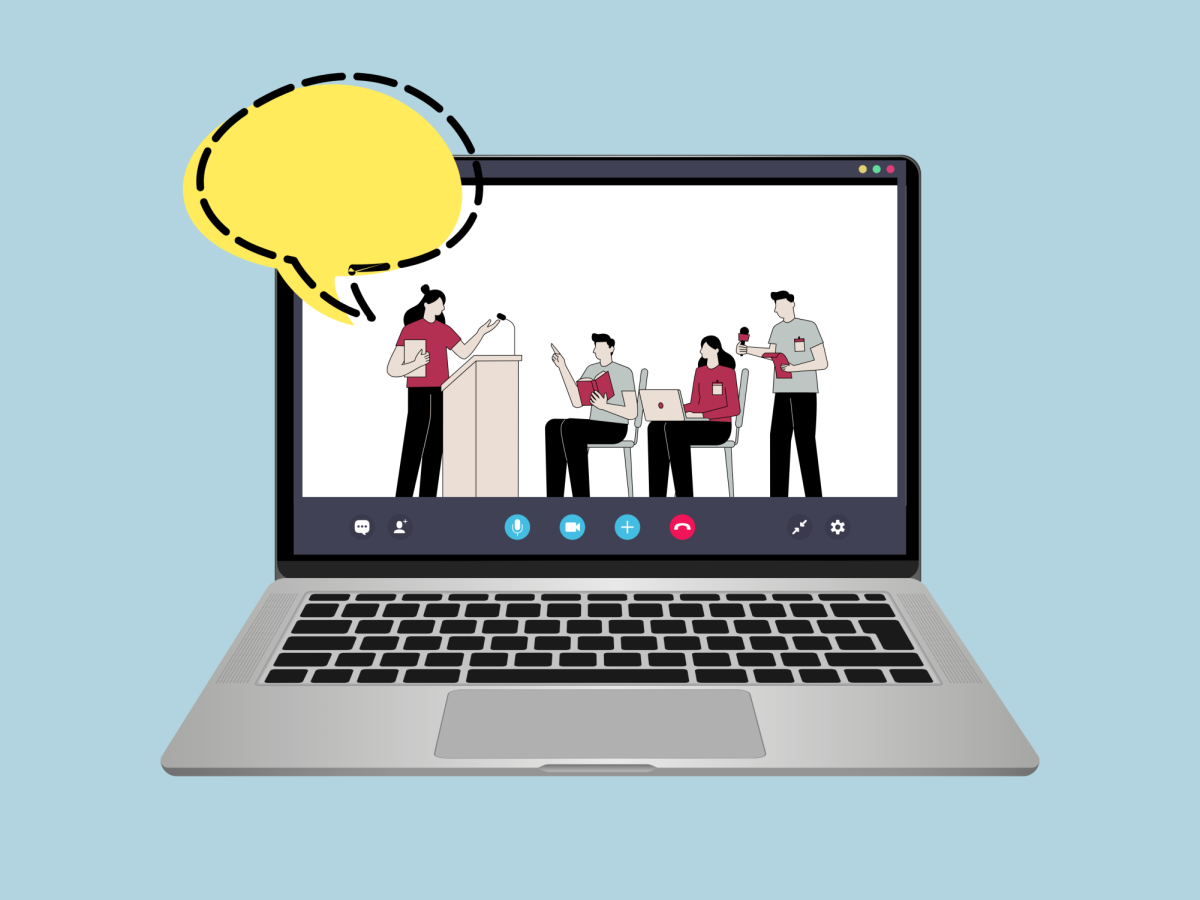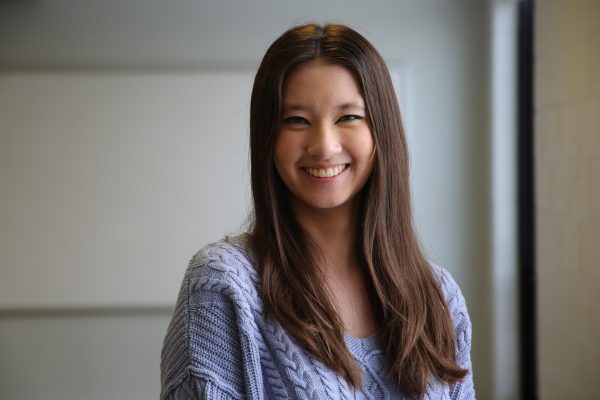A video recording of a private Zoom meeting between University President Cheryl McConnell, Ph.D., and members of the university that was leaked to a reporter at the Philadelphia Inquirer has raised questions of privacy and trust within the campus community.
A quote from the recording was featured in an article published March 24 at 6:57 p.m. in the Philadelphia Inquirer about the university’s recent offer of voluntary tenure buyouts and voluntary separation programs. McConnell is quoted as telling the meeting’s attendees that she was working with board members to address a “deficit situation.”
McConnell confirmed in a follow-up with the Inquirer reporter that the university had a “small deficit” as a consequence of its mergers, the article also reported.
McConnell was referring to St. Joe’s mergers with the University of the Sciences in 2022 and the Pennsylvania College of Health Sciences in 2024.
Earlier on March 24, at 1:01 p.m., McConnell had sent an official announcement via email to faculty and staff, announcing that St. Joe’s would be offering voluntary tenure buyout and voluntary separation programs as a result of restructuring, which she wrote is “typical following acquisitions.”
In the email to faculty and staff, McConnell wrote that the university “must comprehensively reimagine [its] structures, operations and programs with a one-University and forward-thinking mindset.”
The email does not mention a deficit.
Eric Pelletier, DPT, clinical associate professor and president of Faculty Senate, said after the Inquirer article was published, he sent a message to faculty emphasizing the importance of upholding trust.
“It’s never about, ‘We don’t want people to hear information,’” Pelletier said. “That’s never the case. And I don’t ever get that impression from anyone I’ve worked with at this institution.”
One problem with the leaked video clip, Pelletier said, is that it lacks context.
Ronald Dufresne, Ph.D., professor of management and president of Faculty Senate from 2017 to 2019, similarly said context is key to these conversations.
“I’ve led so many of these faculty conversations that if you listen to one minute of a conversation, you’d miss the point that what we’re really talking about is making, perhaps, a decision to make the student experience better,” Dufresne said. “But that one minute might not capture that.”
Dufresne said it was frustrating to see private information shared to a media outlet because it comprises trust.
“It just violates a sense of trust, psychological safety,” Dufresne said. “We need to be able to have some open, frank conversations for shared governance to work so that we can serve our students.”
Pelletier said, to his knowledge, there are no specific St. Joe’s policies about recording meetings. However, Pennsylvania’s wiretapping law, or “two-party consent” law, makes it illegal for private conversations to be recorded without the explicit consent of all parties.
Pelletier said regular faculty senate business meetings are recorded so faculty can listen if they missed the meeting, but that this changes when McConnell or Jean McGivney-Burelle, Ph.D., university provost and senior vice president of academic affairs, are in attendance. In those cases, meetings are not recorded.
McConnell did not consent to the March 24 Zoom recording.
“I speak to the community on a regular basis, and I try to do it on a confidential level,” McConnell said in a March 28 interview with The Hawk.
Zoom meetings, Pelletier and Dufresne said, can present a unique struggle as it’s significantly more difficult to tell if somebody is recording.
“The best safeguard would be in-person meetings,” Pelletier said. “It’s difficult to do that since we’re on three locations right now.”
Pelletier said to increase trust, he plans to continue having discussions about why trust is highly important in matters of internal communications. Dufresne also said reminders of expectations about recording may be necessary.
“This current administration, president on down, they’re giving us the difficult information we need to hear about where things are,” Pelletier said. “And it’s positive, but we have no idea what policy decisions are going to be made tomorrow. That’s out of our control. So, a lot of this is trying to be as proactive as we can.”


















































